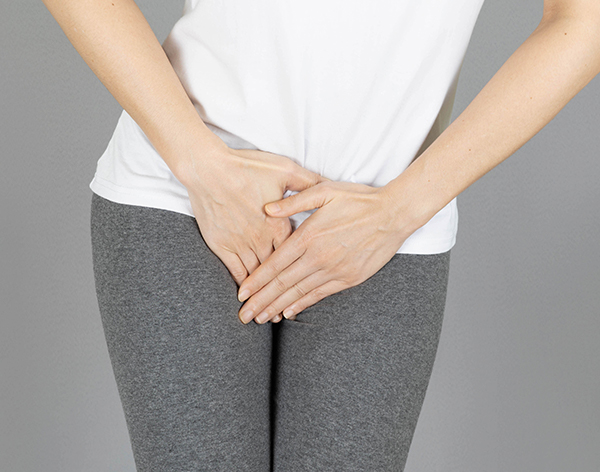
Whether you’re a male or female, your pelvic floor muscles provide support and structure for important organs in your body, including your bladder, rectum, uterus (in women) and prostate (in men).
If you’re unable to correctly relax and coordinate your pelvic floor muscles, you may suffer from pelvic floor dysfunction.
Pelvic floor dysfunction is a very common condition and can be caused by a wide variety of factors:
Not sure if you’re suffering from pelvic floor dysfunction?
Some of the signs that you may be suffering from pelvic floor dysfunction include:
Because pelvic floor dysfunction is a muscular condition, it is usually treated with physiotherapy rather than surgery.
When you see our specialised pelvic floor physiotherapists, they will first assess your history of bladder and bowel function, sexual function, medical and surgical history, as well as your lifestyle, exercise regime and any physical aspects of your work.
We will then examine your pelvic floor muscles, both manually and using biofeedback (electronic monitoring).
Treatment may include pelvic floor exercises, manual treatment of your pelvic floor muscles and lifestyle advice to prevent further strain to your pelvic floor, such as dietary advice to prevent constipation, as well as good bladder and bowel habits.
There is a multitude of musculoskeletal issues than can occur during pregnancy and following birth. Fortunately, these can be helped with treatment from an experienced women’s health physiotherapist. Pelvic Girdle Pain (PGP) can be one of the more severe and disabling.
The pelvic girdle is a ring of bones at the base of your spine. Pelvic girdle pain can be experienced in the hips, lower back, pelvis, pubic bone, groin, lower abdomen and legs. PGP affects 1 in 4 pregnant women.
Pain, when you are walking, climbing stairs, turning over in bed, or getting in and out of a car, are common features of PGP. PGP arises from excessive movement of the pelvis during pregnancy. Excessive movement of the pelvis is caused by:
Certain activities will continue to aggravate PGP until you gain good control of movement in the pelvic joints. These include pushing loaded shopping trolleys, standing on one leg to dress, running, prolonged walking, walking on uneven or soft ground, carrying a toddler on your hip, getting in and out of the car, vacuuming and mopping. Thankfully you can get help for PGP. Evidence supports Physiotherapy in managing PGP. This may include the release of tight muscles around the pelvis, dry needling, exercises to strengthen the muscles around your pelvis and advice about pelvic support garments. A patient-specific Clinical Pilates program is also very effective at managing PGP during pregnancy, with the use of stabilization and stretching exercises.
You don’t have to put up with the symptoms of pelvic floor dysfunction!
Pelvic floor dysfunction is a highly treatable condition and our Proactive Physiotherapy Cairns Pelvic Health Clinic is a centre of excellence for all women’s pelvic health and men’s pelvic health and continence problems in the Cairns area.
Get in touch with our team of pelvic health physiotherapists for help with continence, pre- and postnatal care, prostate issues and all other areas of pelvic health.